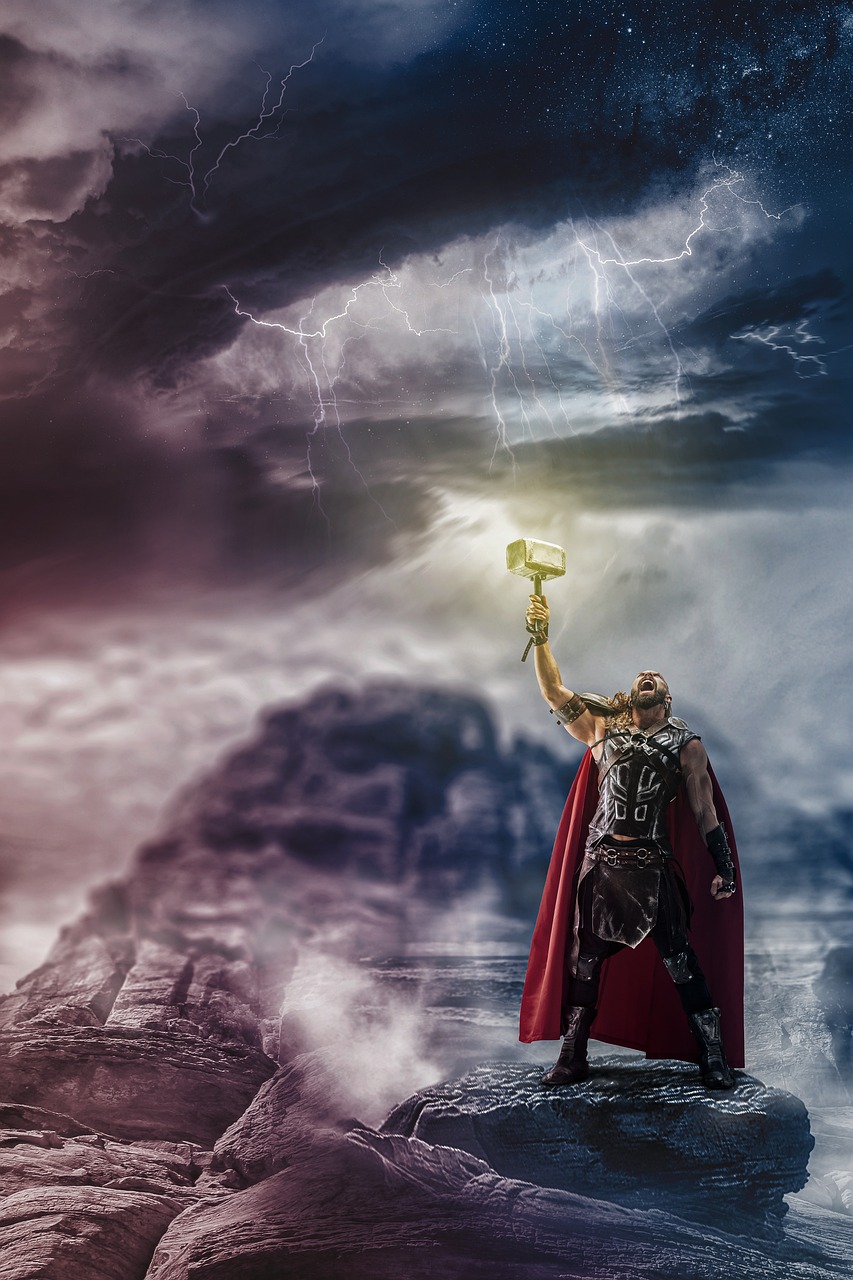Reflecting on my fascination with diverse cultures and spiritual practices, I’ve often found my own background a bit mundane. Having grown up in a predominantly white suburb, I’ve always felt an absence of diversity in my identity, characterized by my fair skin, light eyes, and blonde hair.
Despite having traveled to renowned destinations such as Ireland, London, Paris, and Germany, these adventures have not completely challenged my cultural norms. While they have enriched my understanding of the world and sparked valuable insights about myself, there remains a genuine longing for a distinct cultural heritage that I could claim as my own.
In searching for that connection, I turned to my ancestors. While I wouldn’t consider my Viking and Icelandic descent particularly groundbreaking, it has been a source of pride during family gatherings—those moments when we awkwardly share stories over holiday dinners.
My curiosity led me to explore a significant figure in Norse and Icelandic culture who also enjoys considerable popularity in modern western media. Thor, the Marvel superhero, portrayed by Chris Hemsworth, has gained fame through blockbuster films. However, a deeper understanding of Thor reveals a character rich with historical and spiritual significance beyond his comic book persona.
Within Norse spirituality, Thor embodies the quintessential warrior, known for his unwavering loyalty and formidable strength. He serves as a role model for warriors, inspiring them to cultivate similar virtues both in warfare and in daily life. One of the most famous tales surrounding him details his lethal confrontation with the serpent Jormungand, resulting in the downfall of both beings. Additionally, he represents the maintenance of societal order and is seen as a symbol of agriculture and fertility.
Thor’s historical roots in Iceland can be traced back to the Bronze Age around 3300 BC and became more entrenched during the Viking Age (approximately 793-1000 CE), when settlers fled an oppressive Norwegian ruler and established themselves in Iceland.
Although the Norse gods, including Thor, hold less significance in contemporary Icelandic culture than they did in the past, exciting developments are on the horizon. Recently, it was announced that Iceland would construct its first Norse temple since the Viking Age, to be positioned with a view of Reykjavik.
As I delve deeper into my heritage and the enduring legacy of figures like Thor, I’m reminded that cultural exploration can lead to a profound appreciation of one’s ancestry and identity.



